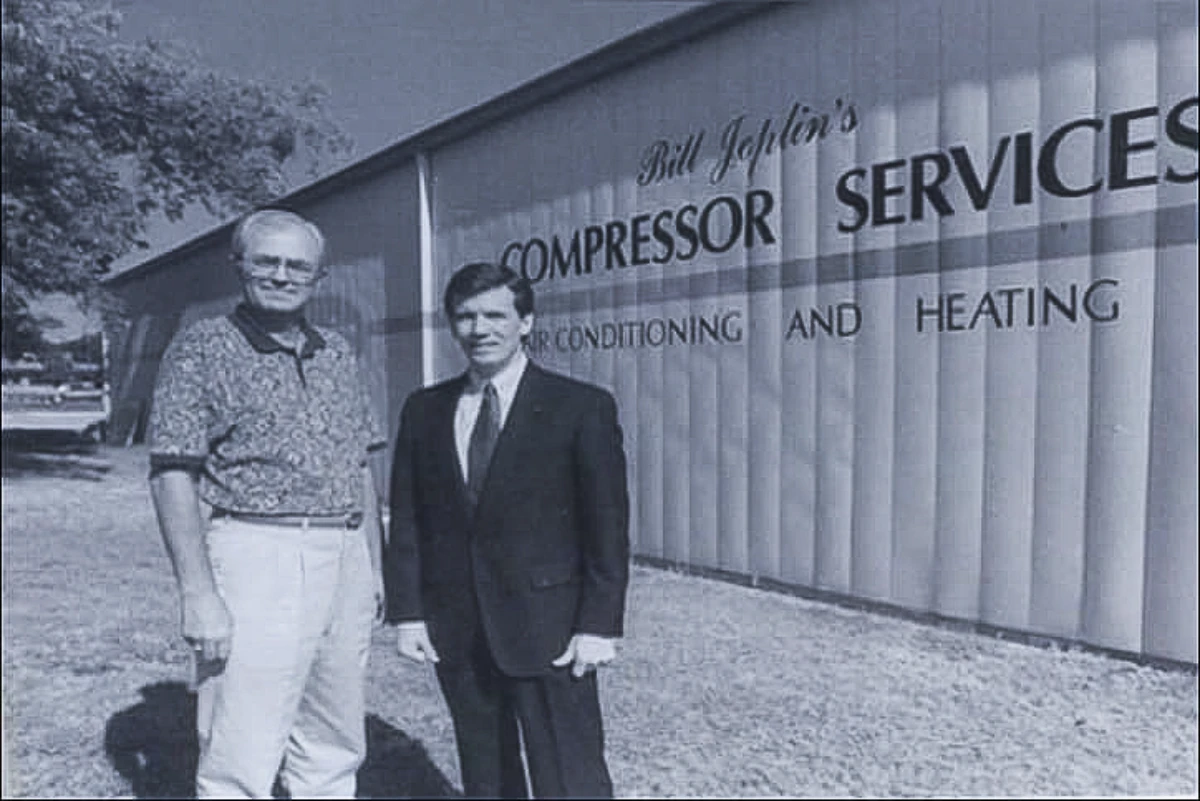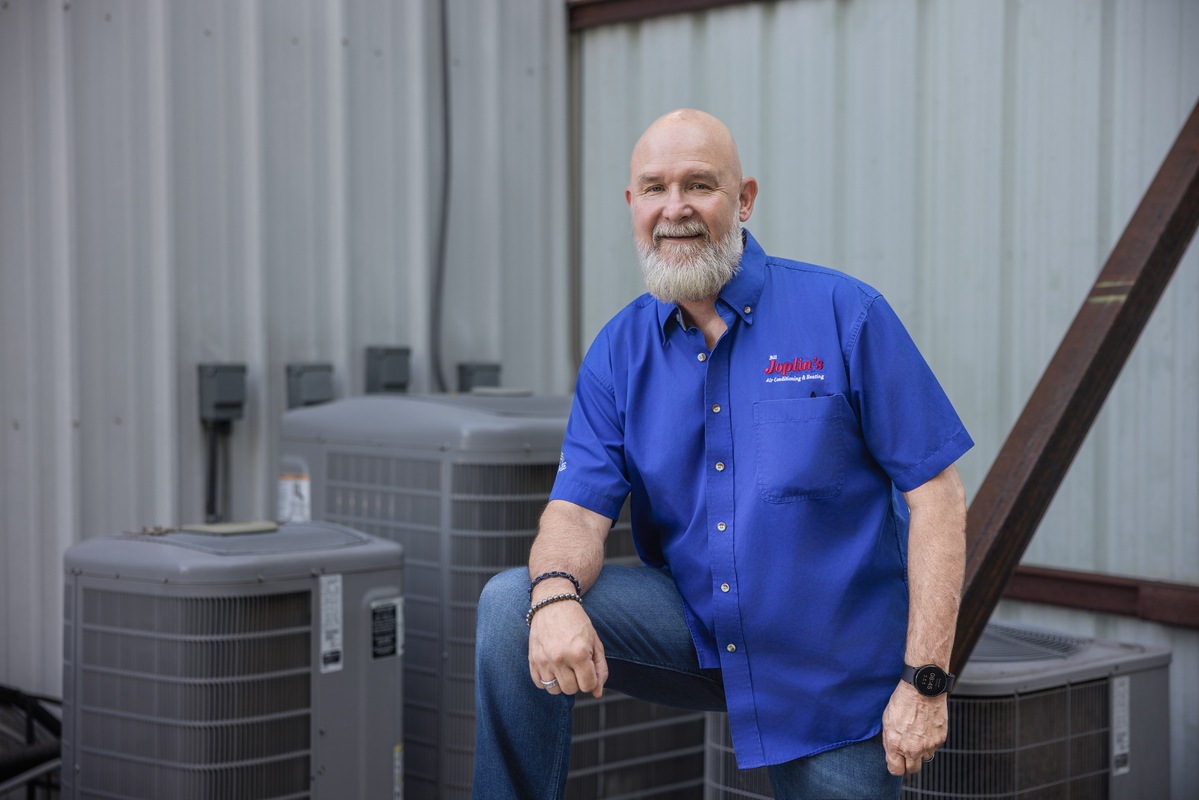When you’re researching heating, air conditioning, and home comfort systems, you’ll probably come across several unfamiliar terms. From cryptic abbreviations, to confusing phrases, there’s a lot to decode. Communicate like a professional when you’re talking about comfort levels in your Frisco, Texas home by brushing up on these industry terms.
ACCA – Air Conditioning Contractors of America
If you’re looking for a reliable HVAC technician, it’s handy to know about the ACCA. This is a non-profit organization with over 60,000 professionals and 4,000 businesses among its members. ACCA supplies standards for maintenance, installation, performance, testing, and design of heating, cooling, and other indoor air systems. You can search the ACCA website to find a new contractor or to learn more about a specific company that you’re interested in working with.
EER – Energy Efficiency Ratio
The energy efficiency ratio is a rating that applies to window air conditioning units and geothermal heat pumps. This rating gives you an idea of how efficient the unit is, offering a benchmark for comparing different products. The EER is calculated using an assumed outdoor temperature of 95 degrees, indoor temperature of 80 degrees, and humidity of 50 percent.
SEER – Seasonal Energy Efficiency Ratio
SEER ratings are more common than EER ratings, as they apply to central air conditioners. The SEER rating is calculated by dividing the BTU/hr of cooling by electricity input. This is averaged over an entire cooling season. The SEER essentially tells you how much cooling a system can provide over the entire season. A higher SEER rating indicates a more efficient system.
HSPF – Heating Seasonal Performance Factor
The HSPF is the heat pump equivalent of the SEER rating. This number provides the ratio of seasonal heating output to power consumption. Output is calculated in BTU while the power is measures in watts. Air source heat pumps typically have an HSPF between seven and nine, while a geothermal heat pump may offer a 10 or higher.
CFM – Cubic Feet Per Minute
The CFM in your home will help you understand how efficient your ductwork is. The cubic feet per minute measured in this calculation specifies how much air passes through the ductwork in this set amount of time. If you’re thinking about upgrading your ductwork, the CFM will give you important information about the options available to you.
MERV – Minimum Efficiency Reporting Value
MERV ratings are important when you’re purchasing a filter for your furnace or air conditioner. The higher this number is, the more particles your filter is pulling out of the air. A MERV of four or below offers only minimal filtration. Ratings between five and eight indicate a filter that can stop particles as small as 3.0 pm, such as mold spores. Between nine and 12, you’re looking at a filter that can stop humidifier dust and auto emissions. It’s only with a rating of 13 or above that your filter can stop pollutants like tobacco smoke and airborne bacteria.
AFUE – Annual Fuel Utilization Efficiency
Heating equipment will come with an AFUE rating. This number is calculated by dividing total heat delivered to an area over the course of a season by the fuel used in Btu. Natural gas furnaces typically have an AFUE of 80 to 96. The higher the number is, the better the system’s efficiency. If you’re purchasing a new furnace, this is an important number to consider.
Relative Humidity
If you’re considering a humidifier or dehumidifier for your home, it’s important to understand relative humidity. This percentage is a comparison between the actual water vapor in the air at a particular temperature, and the air’s capacity to hold water vapor. You should aim for a relative humidity of 40 to 60 percent in your home.
With the right vocabulary in hand, you can evaluate system ratings and compare your choices like a pro. If you need additional help comparing your options or tuning up your home comfort systems, contact Bill Joplin’s Air Conditioning & Heating at (888) 414-4655. We’ll help you understand all the essential details of your choices so you can keep your home comfortable in any season.


